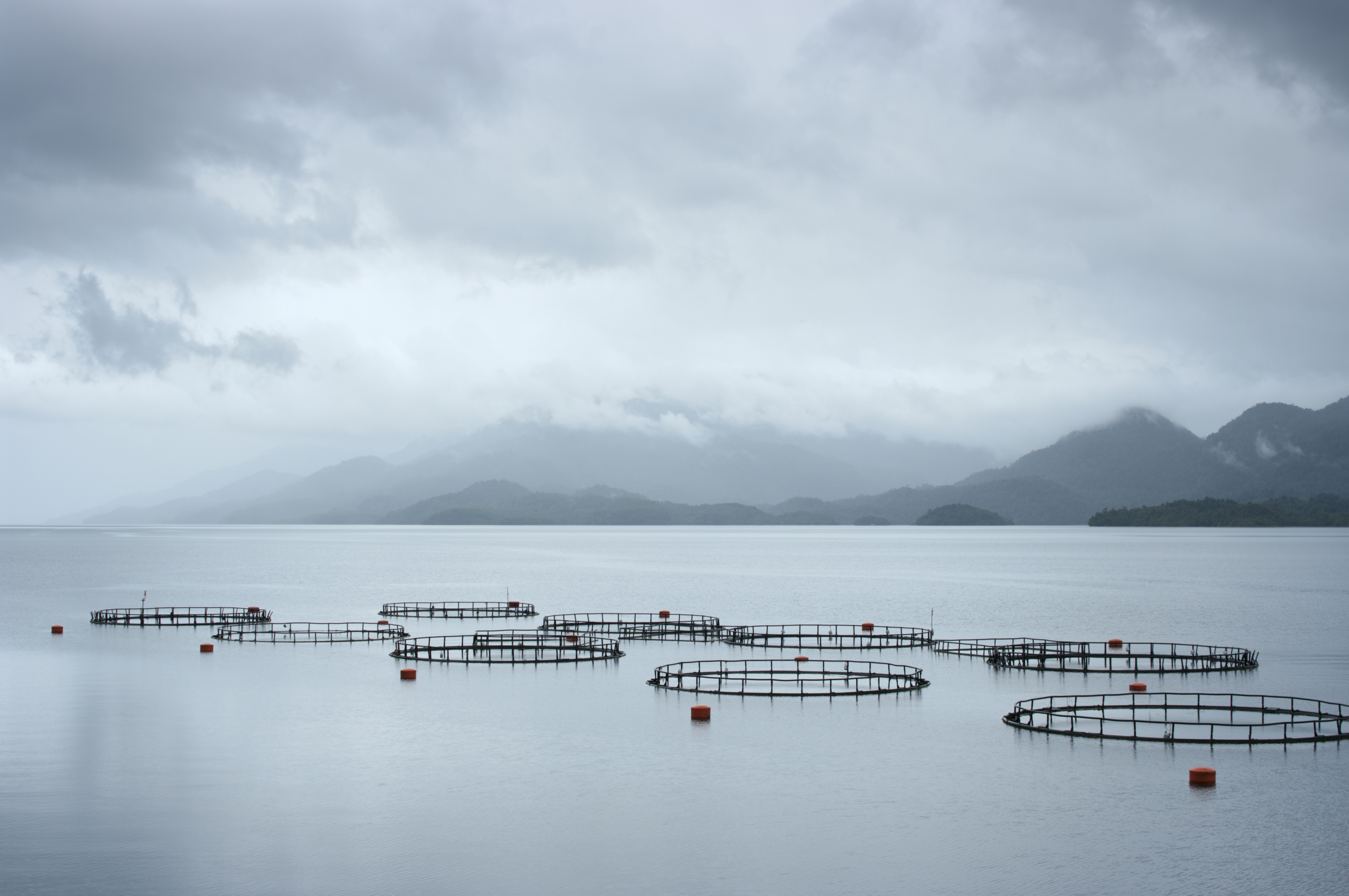Aquaculture, like other animal production practices, relies on the use of antimicrobials to mitigate the effects of infectious diseases. However, the efficacy of these treatments is affected by the accuracy and timing of diagnosis. In addition, the availability of registered antimicrobials for aquaculture is limited, and the effectiveness of existing agents is often compromised by antimicrobial resistance (AMR).
In this context, the aquatic animal health strategy is based on disease prevention. Among these measures, biosecurity plans, early detection of diseases, vaccines and autologous vaccines, the use of prebiotics and probiotics to strengthen animal immunity and genetic improvement in animals for resistance to diseases are recommended. Some of these are considered alternatives to antimicrobials, and their promotion is a key element in combating AMR.
WOAH Regional Representation for the Americas, together with WOAH’s Collaborating Centre for Antimicrobial Stewardship in Aquaculture (CASA), is organising this series of webinars to raise awareness of available antimicrobial alternatives.
-2 July 2025 – 1 PM (GMT -3): Autologous vaccines
-23 July 2025 – 1 PM (GMT -3): Alternatives to the use of antimicrobial agents
-13 August 2025 – 1 PM (GMT -3): Genetic improvement for disease prevention

